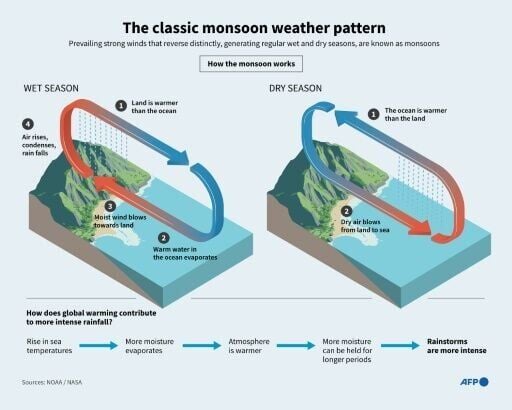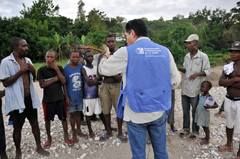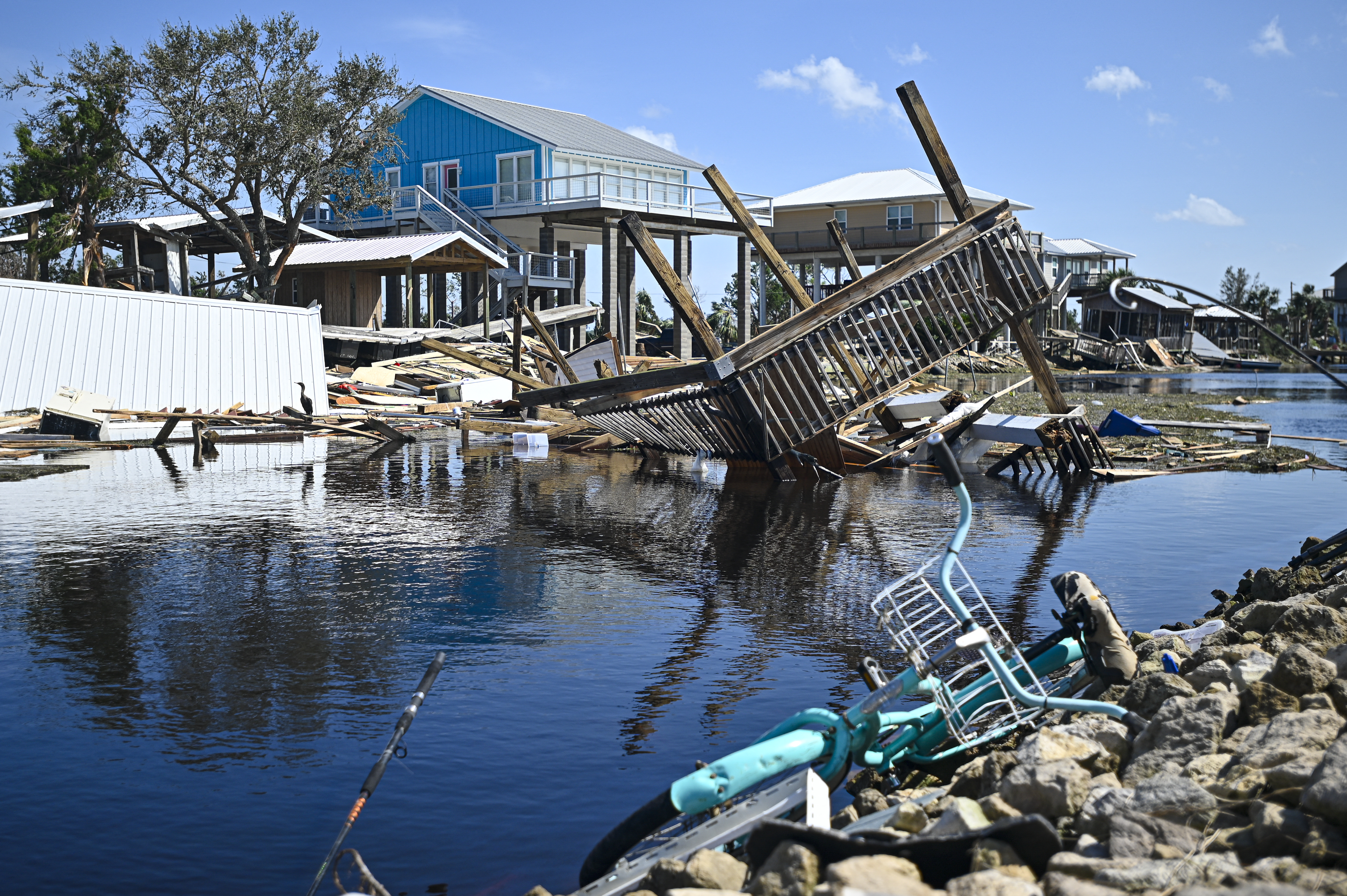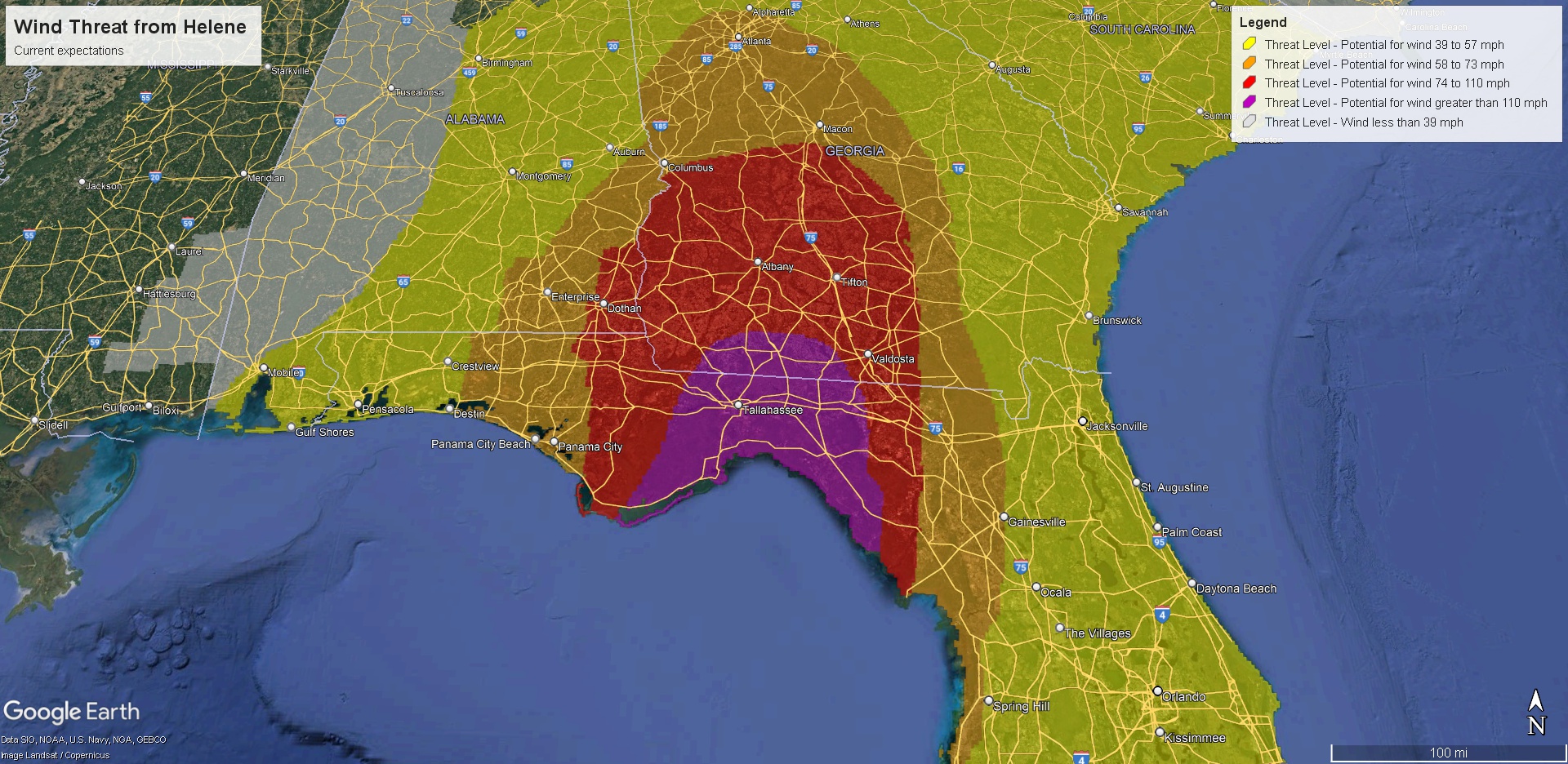
Interview with Dr. Judith Curry: Climate Change and Uncertainty
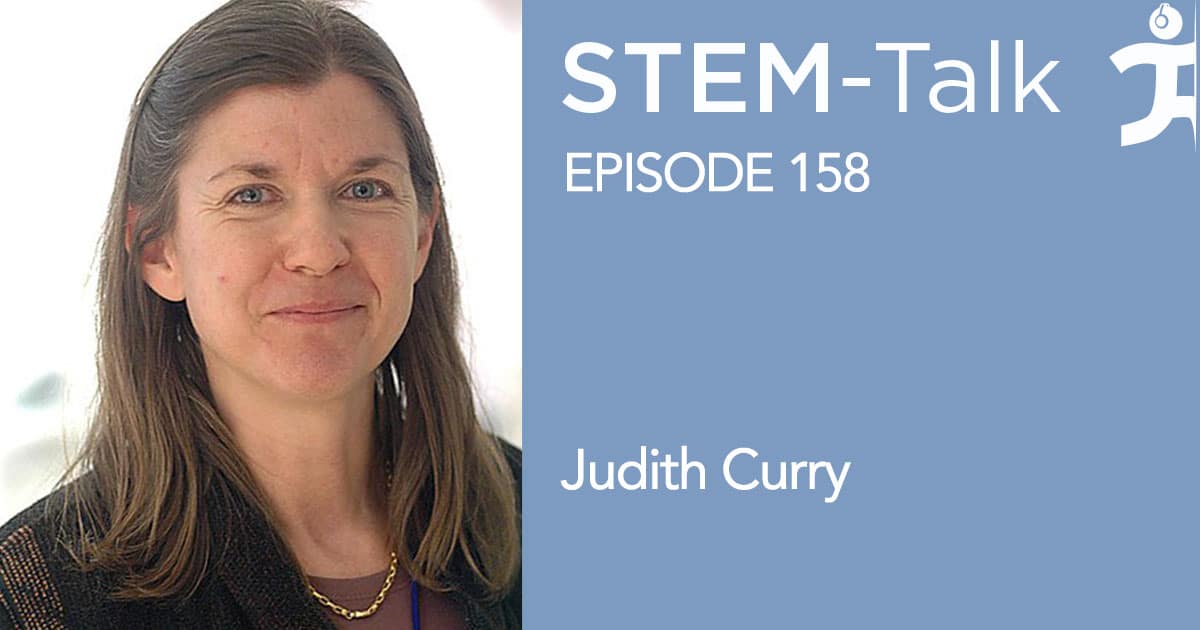
Introduction
Today we have climatologist Dr. Judith Curry, Professor Emerita of Earth and Atmospheric Sciences at the Georgia Institute of Technology. Judy is also the president of the Climate Forecast Application Network and the host of the blog, Climate Etc, which you can find at JudithCurry.com. Judy’s blog provides a forum for climate researchers, academics, technical experts, and citizen scientists to discuss topics related to climate science and policy.
Background
Judy’s research interests include hurricanes, remote sensing, atmospheric modeling, polar climates, air-sea interactions, climate models, and the use of unmanned aerial vehicles for atmospheric research. She was a member of the National Research Council’s Climate Research Committee and has published more than 180 scientific papers.
Resignation and Book Release
Judy has become known in scientific circles as a contrarian for pointing out the uncertainties and deficiencies of climate modeling. In 2017, she resigned from her tenured position at Georgia Tech partly because of the poisonous nature of the scientific discussion around human-caused global warming.
Our interview with Judy follows the release of her book “Climate Change and Uncertainty: Rethinking our Response.” The book provides a framework for understanding and rethinking the climate-change debate. It also emphasizes the Sustainable Development Goals (SDGs) and offers a new way to think about climate change, the risks we are facing, and the way we go about responding to it.
Interview Highlights
- To start the interview, Morley asks Judy about her childhood and early interest in science.
- Morley asks about Judy’s undergraduate education and why she decided to major in geography.
- Morley asks about Judy’s Ph.D. thesis and its focus on the arctic atmosphere and sea ice.
- Ken brings up the media consensus of the ‘70s and ‘80s about a new ice age and asks Judy to weigh in on the responsibility of the media in proclaiming certainty on such topics.
- Morley asks about a 1997 arctic expedition called SHEBA and how it addressed discrepancies between observations and climate models.
- Ken asks Judy about the influence that the hurricane season of 2004 had on her.
- Ken mentions Judy’s paper on hurricanes in 2005 and the critiques it received, asking Judy to talk about how she engaged with her critics.
- Morley asks Judy about her support of the IPCC and its concerns following the 2004 hurricane season.
- Ken asks Judy if she still believes that the warming the Earth has experienced has caused a spike in intense hurricanes.
- Ken asks Judy about the unauthorized release of emails from the Climactic Research Unit at the University of East Anglia, known as “climategate.”
- Morley asks Judy to give a primer on climate modeling and its complexity.
- Morley mentions the incontrovertible facts about global warming discussed in Judy’s book and asks her to list them.
- Morley asks Judy to elaborate on her arguments regarding the dominance of human-caused emissions, the extent of climate change in the 21st Century, the danger of warming, and the impact of reducing emissions on human well-being.
- Morley asks Judy to expand on her perspective that the consensus building process in climate science has oversimplified the problem and its solution.
- Morley asks Judy about her personal efforts to reduce her carbon footprint and her thoughts on the pre-industrial era as a “golden age” for the climate.
- Ken asks Judy to elaborate on her stance that there is no climate change emergency and the labels she has received as a contrarian and dissident climatologist.
- Ken asks if Judy’s resignation from her tenured position was a difficult decision and why she made it.
- Morley asks Judy to expand on her perspective that science is a process rather than a collection of decreed “truths.”
- Morley asks Judy for her take on the recent extreme weather events and their relation to climate change.
- Morley mentions Bjorn Lomborg’s paper on human welfare and climate damages, and Judy’s argument that policymakers could hinder the upward trajectory in welfare by destroying our current energy infrastructure.
- Ken asks Judy to talk about the large expenditure of fossil fuel required for transitioning to all wind and solar power.
- Morley asks if it is true that Judy believes investing in increasing resilience to extreme weather events is a better approach than reaching zero carbon emissions by a specific date.
- Morley asks Judy about the inception of her blog “Climate Etc.” and how it helped her in preparing for her book.
- Ken asks if Judy’s book is not just about the climate debate but also about uncertainty and risk in a broader sense.
- Morley asks Judy about the problems highlighted in the chapter titled “The Climate Change Uncertainty Monster” in her book.
- Morley asks Judy what else the board includes besides fossil fuels in terms of emissions and temperature targets.
- Morley asks Judy to talk about the proposals for a more bottom-up approach to climate research and methodology.
- Ken asks Judy to explain the concept of “wicked science” as discussed in the last chapter of her book.
- Morley asks Judy how she spends her time now that she has resigned from academic life.
Conclusion
This interview with Dr. Judith Curry provides valuable insights into the uncertainties and complexities of climate change. It emphasizes the need for a comprehensive understanding of the Sustainable Development Goals (SDGs) and highlights the importance of considering multiple perspectives in addressing climate-related challenges. Dr. Curry’s book, “Climate Change and Uncertainty: Rethinking our Response,” offers a thought-provoking framework for reevaluating the climate change debate and shaping effective strategies for a sustainable future.
Links
- Judith Curry
SDGs, Targets, and Indicators
SDGs Targets Indicators SDG 13: Climate Action 13.1: Strengthen resilience and adaptive capacity to climate-related hazards and natural disasters Not mentioned in the article SDG 13: Climate Action 13.2: Integrate climate change measures into national policies, strategies, and planning Not mentioned in the article SDG 13: Climate Action 13.3: Improve education, awareness-raising, and human and institutional capacity on climate change mitigation, adaptation, impact reduction, and early warning Not mentioned in the article SDG 13: Climate Action 13.a: Implement the commitment undertaken by developed-country parties to the United Nations Framework Convention on Climate Change to a goal of mobilizing jointly $100 billion annually by 2020 from all sources to address the needs of developing countries in the context of meaningful mitigation actions and transparency on implementation and fully operationalize the Green Climate Fund through its capitalization as soon as possible Not mentioned in the article SDG 13: Climate Action 13.b: Promote mechanisms for raising capacity for effective climate change-related planning and management in least developed countries and small island developing States, including focusing on women, youth, and local and marginalized communities Not mentioned in the article SDG 13: Climate Action 13.c: Promote mechanisms for raising capacity for effective climate change-related planning and management in least developed countries and small island developing States, including focusing on women, youth, and local and marginalized communities Not mentioned in the article SDG 4: Quality Education 4.7: By 2030, ensure that all learners acquire the knowledge and skills needed to promote sustainable development, including, among others, through education for sustainable development and sustainable lifestyles, human rights, gender equality, promotion of a culture of peace and non-violence, global citizenship, and appreciation of cultural diversity and of culture’s contribution to sustainable development Not mentioned in the article 1. Which SDGs are addressed or connected to the issues highlighted in the article?
SDG 13: Climate Action
The article discusses the issues related to climate change, climate modeling, and the uncertainties surrounding human-caused global warming. These topics are directly connected to SDG 13, which focuses on taking urgent action to combat climate change and its impacts.
2. What specific targets under those SDGs can be identified based on the article’s content?
Target 13.1: Strengthen resilience and adaptive capacity to climate-related hazards and natural disasters
The article mentions the research interests of Dr. Judith Curry, including hurricanes and remote sensing. This indicates a focus on understanding and strengthening resilience to climate-related hazards such as hurricanes.
Target 13.2: Integrate climate change measures into national policies, strategies, and planning
The article discusses the need to rethink the climate-change debate and the way we respond to climate change. This suggests a need to integrate climate change measures into national policies, strategies, and planning.
3. Are there any indicators mentioned or implied in the article that can be used to measure progress towards the identified targets?
No, the article does not mention or imply any specific indicators that can be used to measure progress towards the identified targets.
Behold! This splendid article springs forth from the wellspring of knowledge, shaped by a wondrous proprietary AI technology that delved into a vast ocean of data, illuminating the path towards the Sustainable Development Goals. Remember that all rights are reserved by SDG Investors LLC, empowering us to champion progress together.
Source: ihmc.us

Join us, as fellow seekers of change, on a transformative journey at https://sdgtalks.ai/welcome, where you can become a member and actively contribute to shaping a brighter future.


